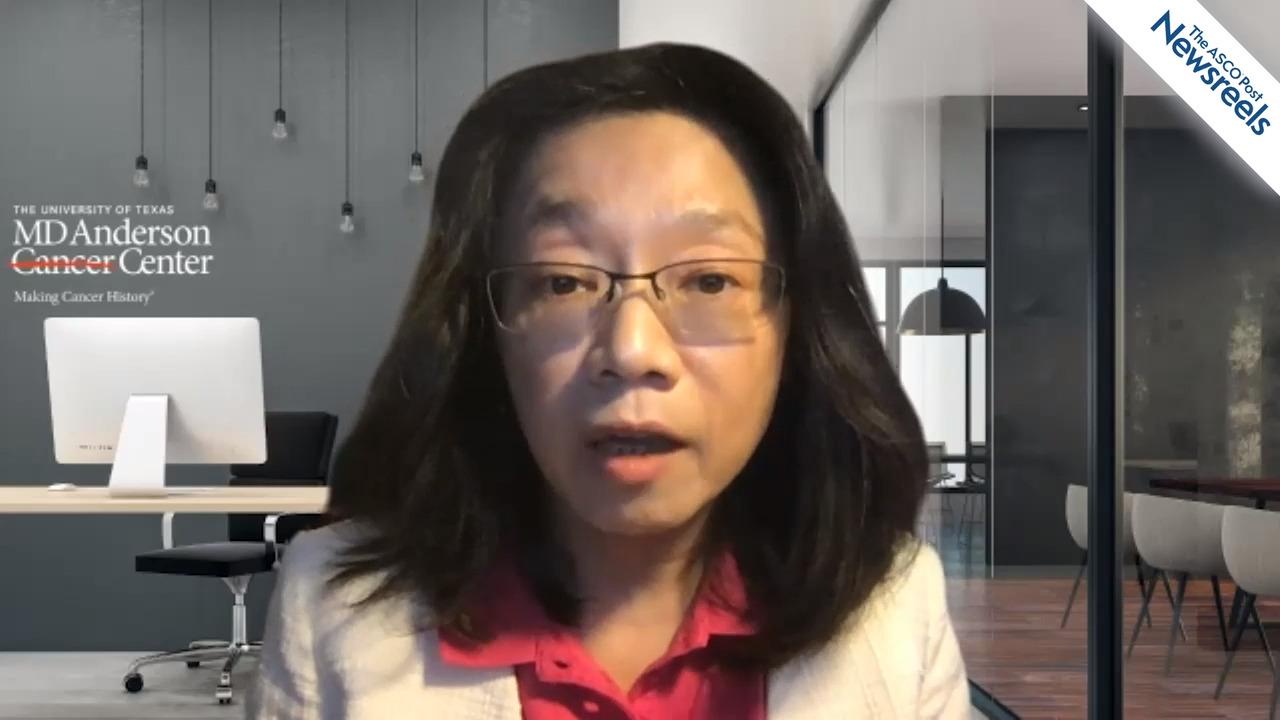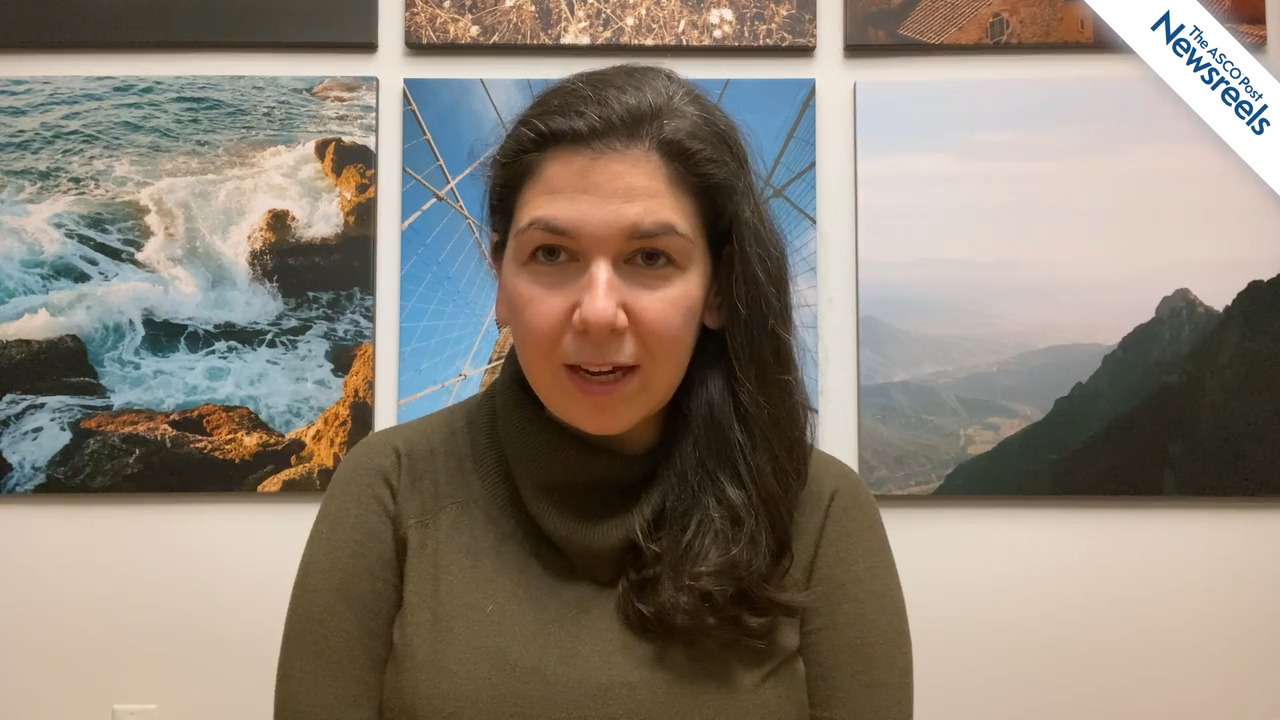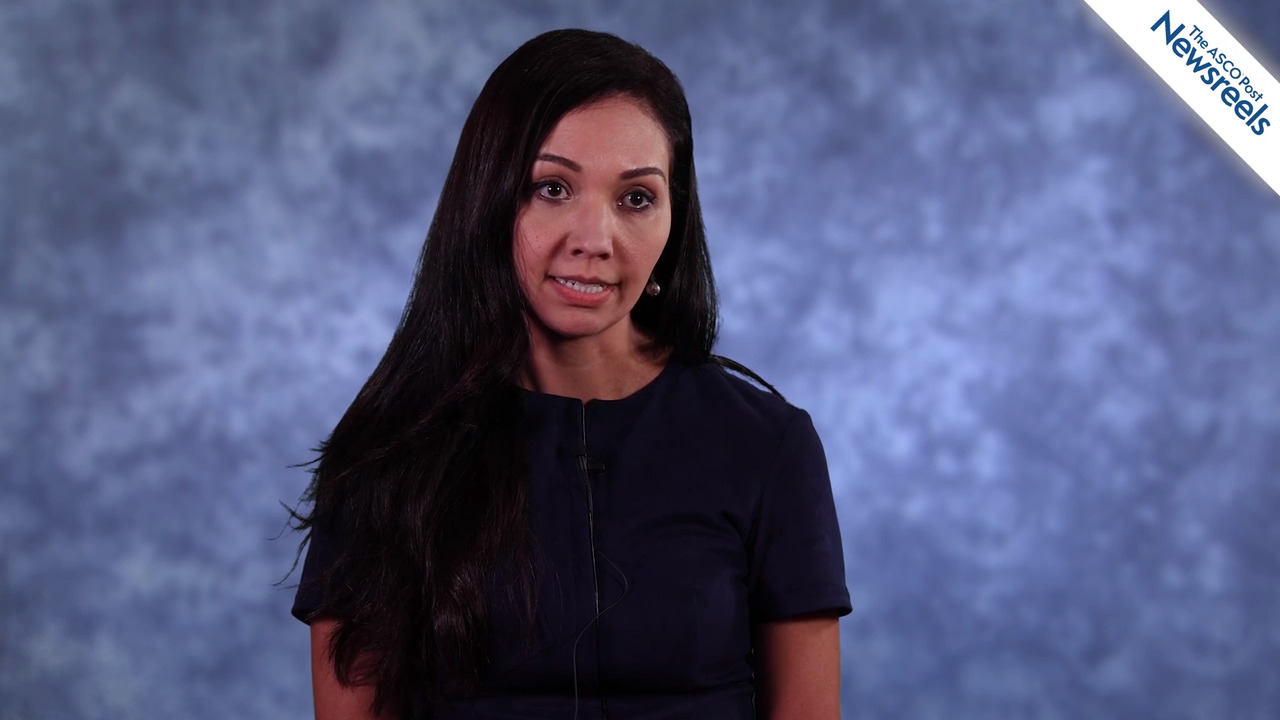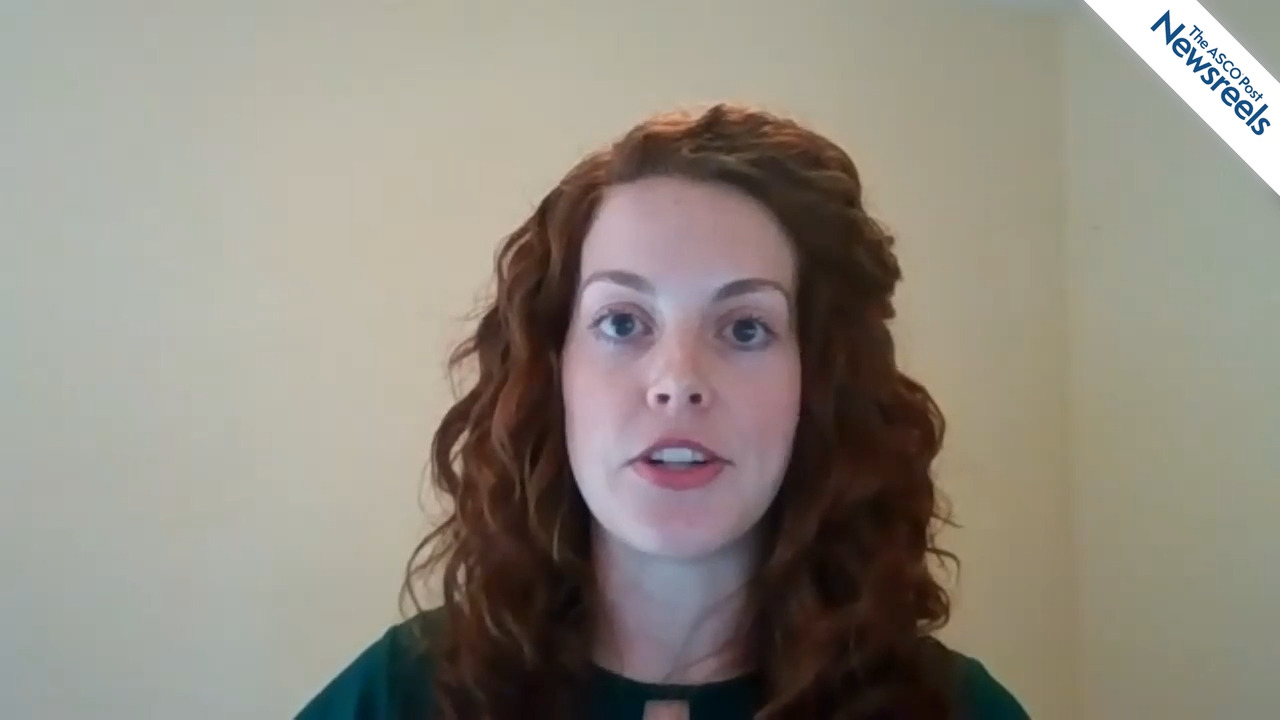Divya Gupta, MD, on Improving Advance Care Planning Conversations With Patients
2021 ASCO Quality Care Symposium
Divya Gupta, MD, of the Stanford Cancer Center, discusses an intervention utilizing a computer model and lay care coaches to improve advance care planning conversations with patients who have metastatic cancer. The study, Dr. Gupta reports, showed a trend toward less intensive care for patients at the end of life.
The ASCO Post Staff
Tina Shih, PhD, of The University of Texas MD Anderson Cancer Center, discusses the rising cost-sharing requirement from private insurance, which has worsened the financial burden for patients with cancer. She believes that cost-containment policies alone may not be enough to ease this hardship.
The ASCO Post Staff
Benjamin W. Corn, MD, of Shaare Zedek Medical Center in Jerusalem, discusses hope: what it takes for hope to thrive; how he and his colleagues are helping patients and providers become more hopeful through workshops; and his collaboration with the Southwest Oncology Group to aid patients, through hopefulness, to better adhere to treatment regimens.
The ASCO Post Staff
Morgan R.L. Lichtenstein, MD, of Columbia University Medical Center, discusses a single-center prospective study examining the complex relationship between time to oral oncolytic receipt and clinical or process-related factors, such as prior authorization, diagnosis, and insurance type.
The ASCO Post Staff
Leticia Nogueira, PhD, MPH, of the American Cancer Society, discusses results from a study designed to evaluate the impact of Medicaid expansion under the Affordable Care Act (ACA). In Medicaid-expansion states, mortality among patients after lung cancer surgery decreased from 2.4% before the ACA to 0.8% after the ACA, with no significant change in non–Medicaid-expansion states.
The ASCO Post Staff
Courtney Williams, DrPH, of the National Cancer Institute, discusses the costs associated with cancer survivors who don’t take their medications and cites the need for research to better understand whether residing in an urban or rural area may affect prescription adherence, and what interventions might help increase drug adherence and improve health outcomes.





